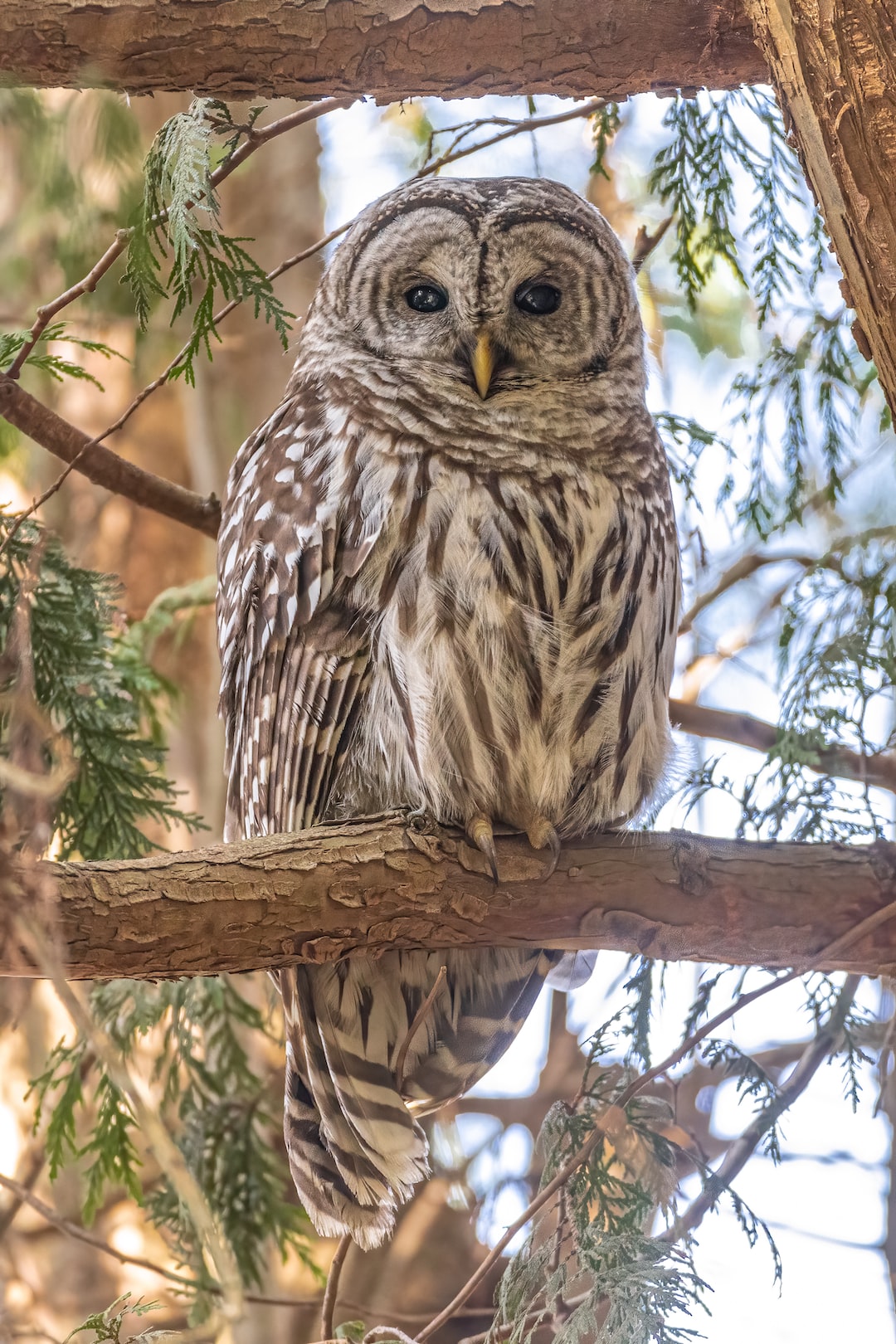Throughout history, animals have played a significant role in the mythology of various cultures around the world. From ancient Egypt’s reverence for cats to the Norse god Odin’s wolves, animals have been associated with symbolism and mythology that reflects valuable cultural traditions and beliefs. The role of animals in mythology varies depending on the civilization and their beliefs, but often they are viewed as powerful beings, symbolizing virtues and embodying magical qualities.
In many cultures, animals are seen as symbols of strength and bravery, with tales of heroic animals becoming a core part of mythology. One such example is the Norse mythology, which is rich with stories of wolves, bears, and other animals revered for their strength and battlefield prowess. These animals were seen as forceful and bold beings, embodying the power and the might that clans and tribes required to survive in their harsh landscape.
In Native American mythology, animals were also viewed as symbols of strength and power. Native American tribes believed that animals had unique personalities, and they often saw themselves as interconnected with the natural world. Many Native American tribes believed that the spirits of animals could guide and protect them, and so myths and stories were created around these creatures. For example, the buffalo was a key part of Plains Indian mythology – these mighty creatures were seen as symbols of abundance and strength, with many tribes believing their spirits could protect them from danger and bring them prosperity.
In other cultures, animals have been associated with specific human virtues or traits. For example, cats were highly revered in ancient Egypt as symbols of grace, elegance, and intelligence. In Chinese mythology, the dragon is the embodiment of power, strength, and good fortune, as well as being one of the twelve Chinese horoscope animals. Similarly, in Hindu mythology, the elephant is believed to represent wisdom and goodness, and is often associated with the Hindu god Ganesha, who has an elephant’s head.
Furthermore, animals often played pivotal roles in religious ceremonies and festivals. For the Maya civilization, the jaguar was a sacred animal and considered a deity. It was believed that the jaguar possessed the power to help people overcome their fears and lead them towards enlightenment. In Hinduism, cows are considered sacred, and their milk and butter are regularly used in various worship ceremonies and rituals. According to Hindu mythology, cattle are seen as essential to the creation of the universe, and their milk and other products are regarded as “sattvik” – or “pure” and spiritually nourishing.
In conclusion, the significance of animals in mythology varies across cultures, and vastly diverse interpretations of these creatures can be found throughout history. However, the common thread that runs through all of these myths is the deep reverence that humans have long held for the natural world. From heraldic symbols to protective guides, and from gods to revered animals, animals remain an essential part of cultural lore, and their symbolism and myths continue to fascinate and inspire mankind.
